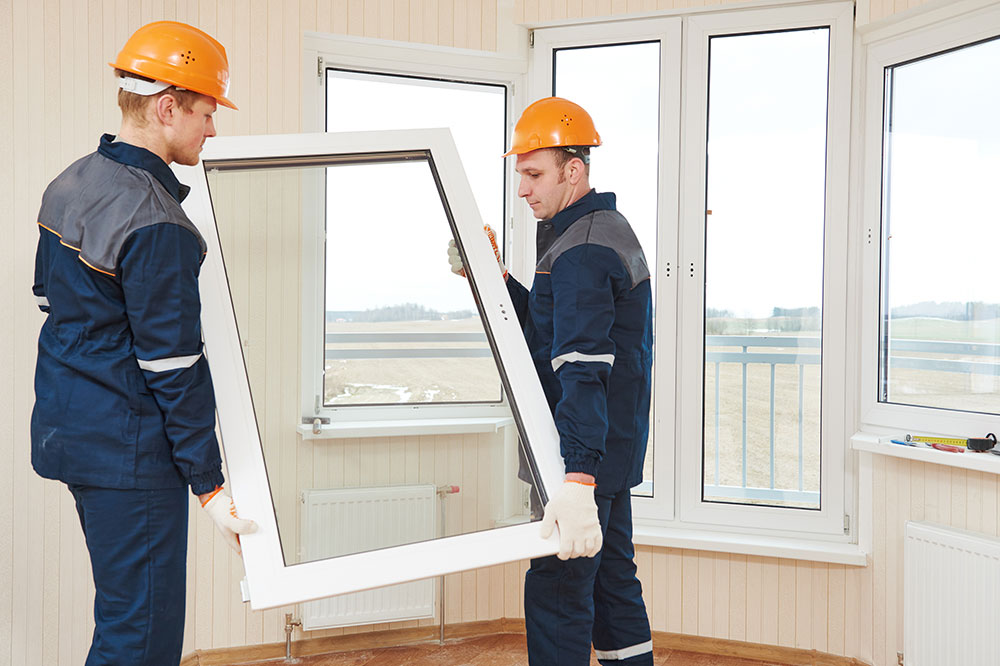
Replacing windows – Tips and factors affecting cost
Windows can require fixing and replacement, just like other fixtures in your home. Window replacements can cost anywhere between $150 to $1,500 per unit ($300–$500 on average), making this an expensive affair. However, they can also increase property value and help you save money on energy bills in the long run. If you want to replace or update the windows around your home, here is all you need to know:
Tips
Improve energy efficiency of existing windows
If you want to make your house more energy efficient, it is important to check your windows as well. Keep the following tips in mind:
– Check your windows for air leaks. If you find cracks less than a quarter inch wide, use caulk or weatherstrip to repair them.
– Invest in energy-efficient window coverings.
– Use a solar control film.
– Add exterior shadings such as awnings, exterior blinds, or overhangs.
Check ratings and quality
If you are looking for windows, look for the Energy Star and NFRC labels to confirm energy efficiency. For instance, if you live in a cold region, you should look for:
– Gas-filled windows with low e-coatings to help reduce heat loss
– Lower U-factor for improved thermal resistance
For warmer climates, you should look for:
– Windows with coatings to reduce heat gain
– Lower solar heat gain coefficient (SHGC)—a measure of solar radiation admitted through a window
Factors that determine costs
The following factors primarily affect the window replacement cost:
1. Size and material: Larger windows will cost more to replace than smaller windows. The glass and frame materials will also influence the cost of the window. Here is a breakdown of the cost of frame material:
– Aluminum: This is the cheapest variant available, with the average cost between $100 and $400 per window unit.
– Vinyl: Gaining popularity in modern homes, vinyl offers great energy efficiency and aesthetic appeal. On average, it costs around $200 to $500 per unit for mid-range, double-hung vinyl window replacements.
– Wood: Wood is used for classic as well as luxury interior styles because of its unique charm. However, it is a more expensive option (priced at $300 to $600 per unit on average) and requires regular maintenance.
– Composite: A low-maintenance option, composite frames are made from a combination of PVC polymers and wood fiber and cost about $500 to $800 per unit.
– Fiberglass: Highly durable, energy efficient, and adaptable, fiberglass frames are the most expensive frame option, priced at about $800 to $1,200 on average.
2. Style: The more complicated a design, the more expensive it is to replace it. Skylights, floor-to-ceiling windows, and bow and bay windows are the most expensive to replace, while styles like a storm, jalousie, egress, and single-hung windows are much more cost-effective.
3. Placement: Windows placed in hard-to-reach areas, such as skylights, tend to be costlier to replace than those in easily accessible areas, such as the ground floor.
4. Labor: Labor costs vary for each contractor and region. For instance, in rural areas, window replacement can cost a lot less than it would in metropolitan areas. It is best to contact at least three to four different contractors and compare their prices before finalizing one.
You can hire professional window replacement services or companies to make the process easier. Contractors can generally negotiate better prices and help you ensure all local laws and regulations are followed during installation.




